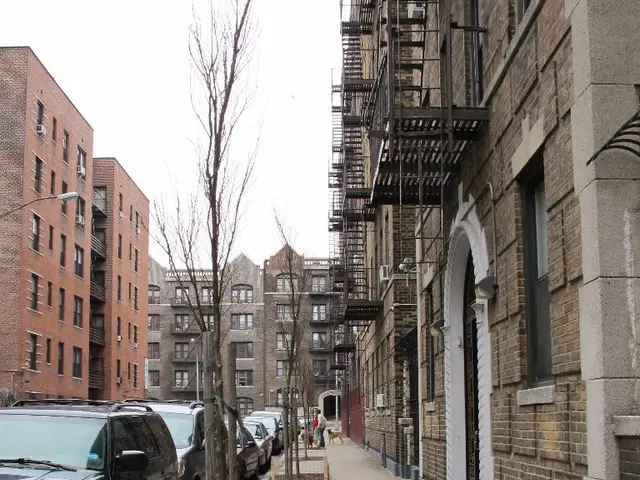Munich's Rapid Growth Sparks Olympic Bid Debate
Munich, Germany's third-largest city, grapples with rapid growth and urban challenges. As it eyes a potential Olympic bid, residents and officials debate the impact on housing, infrastructure, and the city's future.
Munich's population is projected to reach 1.83 million by 2045, a significant increase from the current 1.63 million. This growth brings challenges like overcrowded public transport, a shortage of daycare spots, and rising rents. The city's Olympic ambitions could accelerate these issues, potentially leading to land speculation and gentrification. However, an Olympic bid could also inject momentum into discussions about housing and transportation infrastructure.
The 1972 Olympics sparked a legendary transformation in Munich, leading to the development of its subway system and pedestrian zones. Today, Munich needs a broader perspective to integrate the city and its surrounding regions into a cohesive unit planning for over 2.5 million people. This was highlighted in the controversy over high-rise buildings at the former Paketposthalle site, where the 'Stop High-Rises' initiative gathered over 48,500 signatures, exceeding the required threshold for a citizen referendum. An Olympic bid could help Munich jolt out of its comfort zone and force a reckoning about its growth and future.
Munich's rapid growth brings both opportunities and challenges. While an Olympic bid could drive infrastructure improvements, it may also exacerbate housing issues and gentrification. With a projected population of over 1.8 million by 2045, Munich must plan strategically to ensure sustainable growth and maintain its unique character.
Read also:
- American teenagers taking up farming roles previously filled by immigrants, a concept revisited from 1965's labor market shift.
- Weekly affairs in the German Federal Parliament (Bundestag)
- Landslide claims seven lives, injures six individuals while they work to restore a water channel in the northern region of Pakistan
- Escalating conflict in Sudan has prompted the United Nations to announce a critical gender crisis, highlighting the disproportionate impact of the ongoing violence on women and girls.






